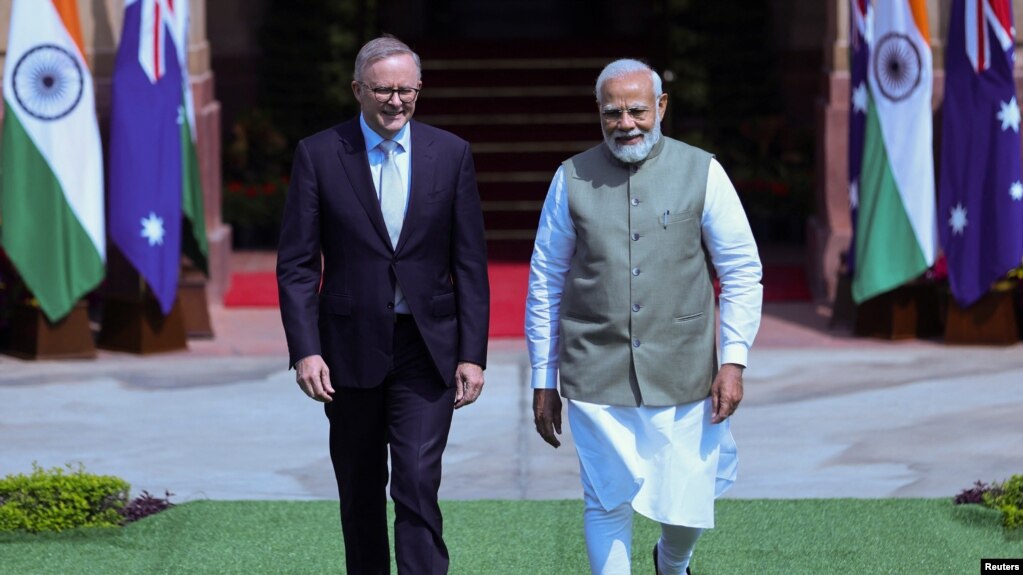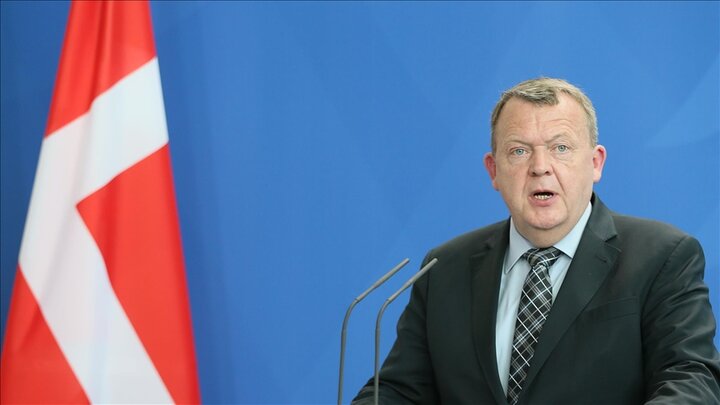
NEW DELHI —
India and Australia aim to expand trade in a critical mineral to help them achieve their goals on reducing carbon emissions, as they seek a broad trade pact, Indian Commerce Minister Piyush Goyal said Saturday.
"India is short of critical minerals. Australia has a large reserve of critical minerals that go into (electric vehicle) batteries, which isn't fully processed or manufactured presently," Goyal told a news conference after meeting Australia's trade and tourism minister, Don Farrell.
Critical minerals, along with space technology and opportunities in the digital sector, will be key areas of the planned deal, Farrell said.
The meeting followed a summit Friday in New Delhi between the Asia nations' prime ministers, Narendra Modi and Anthony Albanese.
India and Australia hope to complete by year's end an ambitious, comprehensive trade deal that has been stuck in negotiations for over a decade.
It would expand on a free trade deal the two signed last year, the first between India and a developed country in a decade. The Economic Cooperation and Trade Agreement came into effect in December, removing duties on 96% of Indian exports to Australia and 85% of Australian exports to India.
Reuters








 Far-right Israeli lawmaker Itamar Ben-Gvir speaks at a rally on 26 October 2022 (AFP)
Far-right Israeli lawmaker Itamar Ben-Gvir speaks at a rally on 26 October 2022 (AFP)





